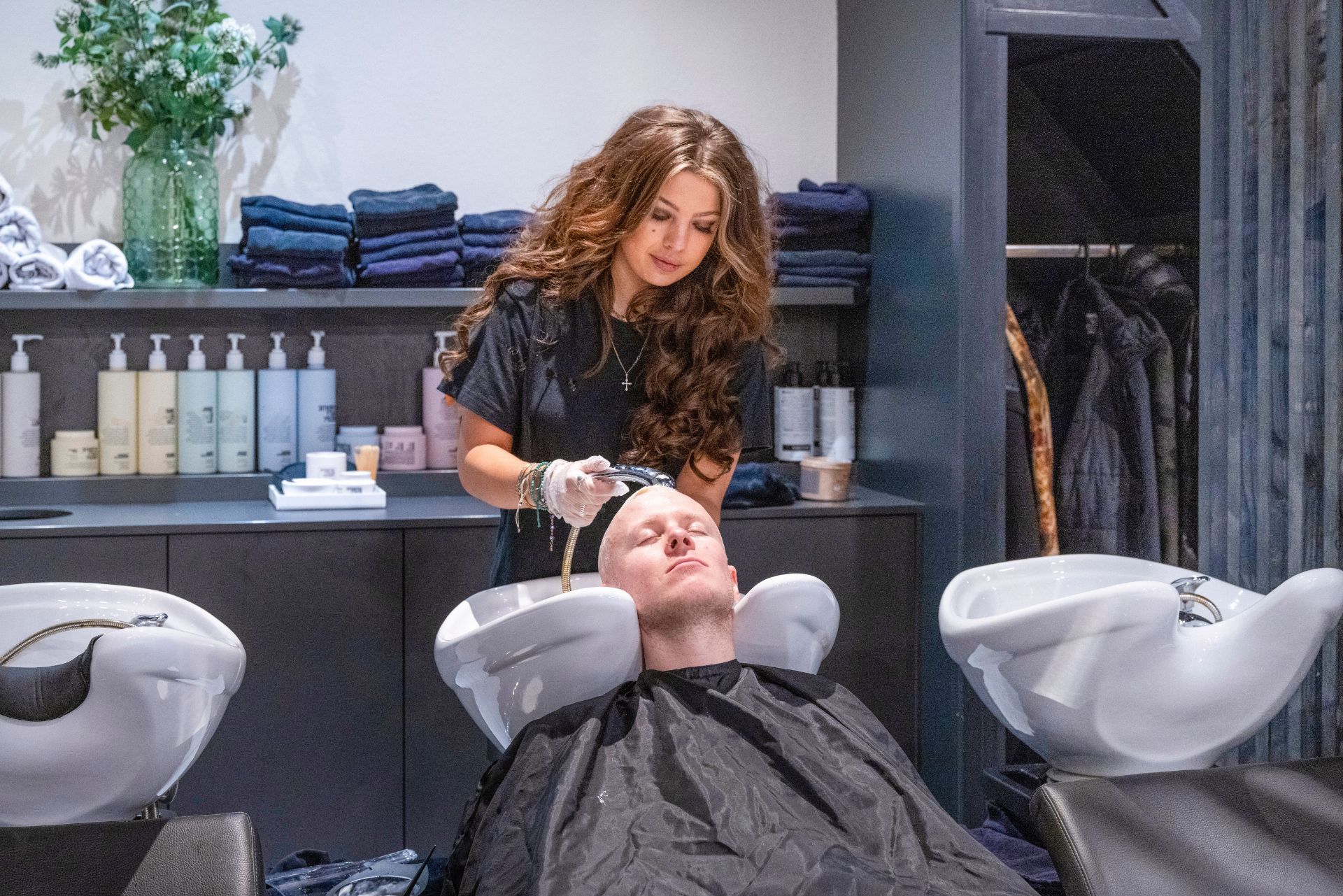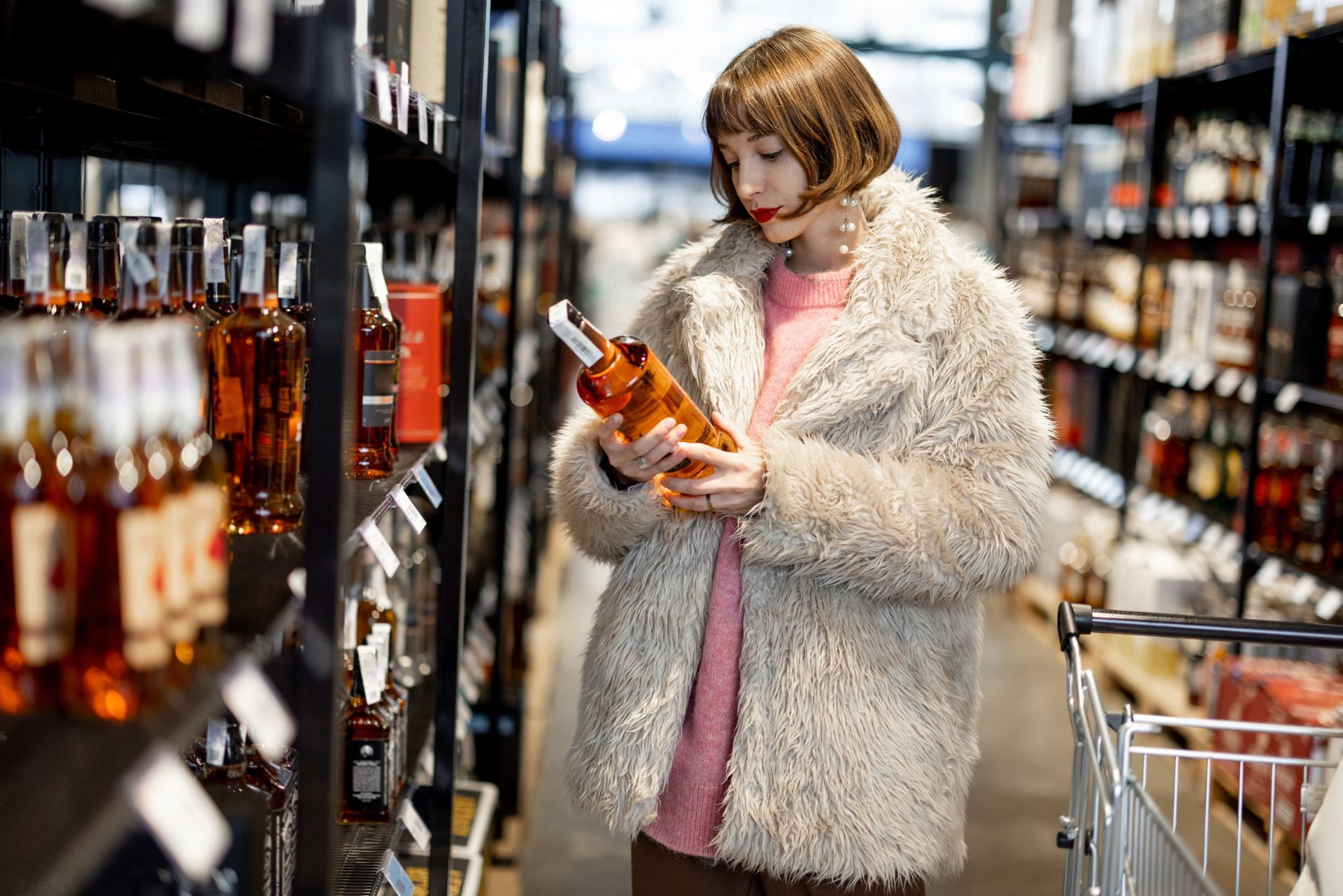Common Business Insurance Policies
By: Matt Larsen
Owner of Capstone Insurance Group & Liquor Store Insurance Advisor
763-242-1668
Index
Contact Us
Phone
Location
Operating a liquor store can be a lucrative business, but it also comes with its own set of unique risks. From potential theft to liability issues, it's crucial to have the right insurance in place to protect your investment. In this guide, we'll delve into the intricacies of liquor store insurance in Minnesota, helping you understand the types of coverage you need, how to choose the right insurance provider, and how to manage your risks effectively.
Understanding Liquor Store Insurance
Liquor store insurance is a type of business insurance specifically designed to cover the unique risks associated with selling alcoholic beverages. It typically includes a combination of general liability, property, and liquor liability coverages, among others. Understanding these different types of coverage is the first step in securing the right protection for your liquor store.
General liability insurance helps protect your business from claims of bodily injury, property damage, and personal and advertising injury that could arise from your business operations. For instance, if a customer slips and falls while shopping in your store, this coverage could help cover the associated medical costs and legal fees.
Property Insurance
Property insurance covers damage to your store's physical structure and its contents, such as inventory, equipment, and fixtures. This could be due to a variety of events, including fire, theft, or natural disasters. For instance, if a fire breaks out in your store, property insurance could help cover the cost of repairing the damage and replacing lost inventory.
It's important to note that not all property insurance policies cover all types of events. Some may exclude certain natural disasters, such as floods or earthquakes. Therefore, it's crucial to understand what your policy covers and consider additional coverage if necessary.
Liquor Liability Insurance
Liquor liability insurance is a must-have for any business that sells, serves, or facilitates the use of alcohol. This coverage helps protect your business if you're held liable for damages or injuries caused by an intoxicated person who was served alcohol at your store. For example, if a customer becomes intoxicated after purchasing alcohol from your store and then causes a car accident, you could potentially be held liable for the damages.
In Minnesota, liquor liability insurance is not just a good idea—it's a legal requirement for businesses that sell alcohol. The state requires businesses to carry a minimum of $50,000 in liquor liability coverage per person and $100,000 per occurrence.

Choosing the Right Insurance Provider
Choosing the right insurance provider is just as important as selecting the right types of coverage. You want a provider who understands the unique risks associated with running a liquor store and can offer tailored solutions to meet your needs.
When evaluating potential providers, consider their reputation, financial stability, customer service, and claims handling process. It's also a good idea to compare quotes from multiple providers to ensure you're getting the best value for your money.
Reputation and Financial Stability
A provider's reputation and financial stability are key indicators of their ability to meet their policy obligations. You can check a provider's financial strength rating through rating agencies like A.M. Best or Standard & Poor's. A high rating indicates that the provider has strong financial health and is likely to be able to pay out claims.
Customer reviews and testimonials can also provide valuable insights into a provider's reputation. Look for a provider with positive reviews and a track record of satisfied customers.
Customer Service and Claims Handling
Excellent customer service and efficient claims handling are crucial when it comes to insurance. If you ever need to file a claim, you want a provider who will handle it promptly and fairly. Look for providers who offer 24/7 customer service and have a straightforward claims process.
It's also beneficial to choose a provider who offers risk management resources. These can help you understand and mitigate the risks associated with your business, potentially preventing claims before they occur.
Managing Your Risks Effectively
While insurance is a crucial part of protecting your liquor store, it's also important to take proactive steps to manage your risks. This can include implementing safety measures, training employees, and regularly reviewing and updating your insurance coverage.
Implementing safety measures can help prevent accidents and theft. This could include installing security cameras, implementing a strict ID-check policy, and maintaining a clean and safe store environment.
Training employees on safe work practices and responsible alcohol sales is also crucial. This can help prevent accidents and ensure compliance with alcohol sales laws, reducing your risk of liquor liability claims.
Finally, it's important to regularly review and update your insurance coverage. As your business grows and changes, your insurance needs may change as well. Regularly reviewing your coverage can help ensure you're adequately protected at all times.

Conclusion
Running a liquor store in Minnesota comes with unique risks, but with the right insurance in place, you can protect your investment and operate with confidence. By understanding the types of coverage you need, choosing the right insurance provider, and proactively managing your risks, you can ensure your business is prepared for whatever comes its way.






